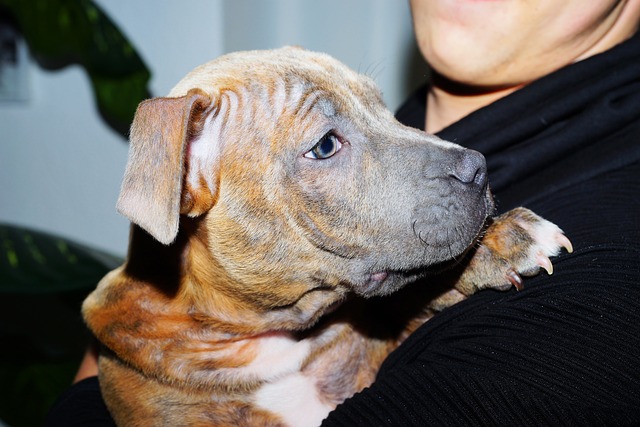A remote council has defended its dingo bounty program after two “pet” dingoes disappeared in Western Australia's outback Murchison.
The two dingoes named Steven and Eulalia reside on Wooleen Station, 640 kilometres north of Perth, where they were imported from Victoria as part of a tourism and conservation initiative.
Wooleen Station is a farmstay in the Murchison shire with some cattle. (ABC Midwest and Wheatbelt: Chris Lewis)
But neither animal has been seen for more than a week, with owner David Pollock finding tyre tracks, footprints, and blood by a road less than two kilometres from his home.
He believes both animals were killed by local shooters incentivised by the Shire of Murchison's $100 bounty on dingo scalps, provided the animal was legally shot.
Registered shooters must have permission from the owner of a station who must also verify the location of the kill before the bounty can be claimed.
“Obviously they're not gonna come to us to say ‘can you sign off on these dingoes?' They're gonna say they were shot on another property,” Mr Pollock said.
“And who's to say they weren't.
“While we don't have their bodies … there is absolutely no doubt in my mind they were shot.”
David Pollock says his “pet” dingo Steven hasn't been seen in over a week. (ABC Midwest and Wheatbelt: Chris Lewis)
The unorthodox approach of Mr Pollock and his wife Frances to both conservation and dingoes has been a point of contention in the surrounding community where dingoes and wild dogs continue to pose a significant threat to livestock.
Mr Pollock said Murchison has an anti-dingo culture and anyone from within or outside the district could have shot Steven and Eulalia.
Shire defends approach
Murchison shire president Rossco Foulkes-Taylor said it was unlikely the animals were shot for bounty due to the location verification system.
He said dingoes cause damage to livestock and the program aims to reduce the population size, with around 4-5 scalps presented in a typical month.
“You can't just take in a set of ears and say ‘I got them down the track'. You have to get them verified by the people on the property,” he said.
Shire president Rossco Foulkes-Taylor says residents are always welcome to put their case. (ABC Midwest and Wheatbelt: Chris Lewis)
Mr Foulkes-Taylor said he was sad the issue “suddenly” jumped to the “emotive” space of social media before being brought to the council.
“As a shire we are really approachable and always welcome people to come and put their case,” he said.
Station owner pushing for change
The Shire of Murchison consists mostly of pastoral leases managing cattle and some sheep. (ABC Midwest and Wheatbelt: Chris Lewis)
Wooleen Station's David Pollock took a petition to social media to stop the bounty incentive in the shire while the deaths were “fresh in [his] mind”.
He said it is “inappropriate” for a government authority to incentivise hunting dingoes.
Mr Pollock said he had previously taken the issue to the shire but after the dingoes' deaths did not want to wait a month for the next council meeting to readdress the bounty.
“We needed to channel that energy into something positive,” he said.
“Murchison is a small community and I don't think we would have had much luck with just the pressure we could put on them to get then changes we think are necessary.”








